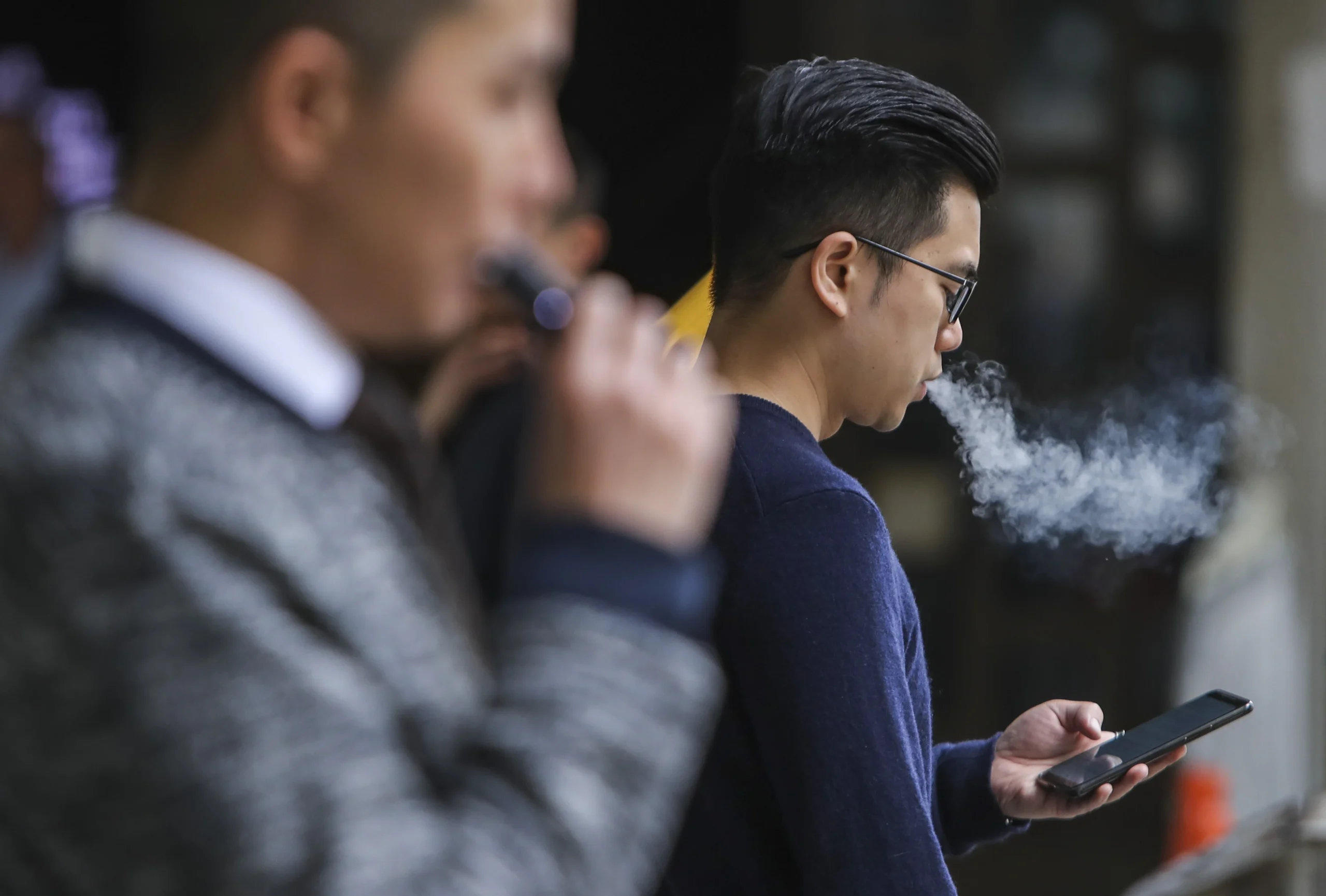Editor’s note: This article originally appeared in Harian Metro. The link to the article can be found here.
A RECENT news report has uncovered the widespread sale of vape products laced with synthetic drugs on social media platforms, exposing critical enforcement gaps that state-level bans fail to address.
According to the investigation conducted by the publication, vape liquids containing dangerous substances such as methamphetamine, syabu, and ketamine are being openly sold online.
These illegal products are often disguised with colourful packaging and marketed as flavoured vape, making them appealing, particularly to younger consumers.
The investigation found that these drug-laced vape are not sold through licensed retailers, but via platforms such as Instagram, Telegram, and e-commerce sites.
Sellers operate anonymously, with transactions taking place through private messaging and direct delivery services, effectively bypassing any regulatory oversight.
Some online posts promoting these products featured videos and images designed to attract attention, with prices reportedly ranging between RM100 and RM150.
Authorities believe that many of these vape liquids are produced in small, makeshift labs run by criminal syndicates before being repackaged and distributed.
The report also revealed that sellers frequently change social media accounts and use multiple channels to avoid detection, making enforcement extremely challenging. It is estimated that some have already built wide-reaching distribution networks involving hundreds of local customers.
This development underscores the urgent need for full enforcement of the Control of Smoking Products for Public Health Act 2024 (Act 852) to clamp down on illegal online sales.
As several states move to ban vape products entirely, the findings highlight that such bans do little to curb the real source of harm.
The threat is not from licensed, physical retailers operating under regulatory frameworks, but from the unregulated digital market where dangerous, drug-laced products are freely circulating.
To effectively protect public health, enforcement efforts must focus on stopping these illegal players and strengthening the regulatory implementation of Act 852, rather than pushing vape sales further underground. ‒ June 30, 2025









